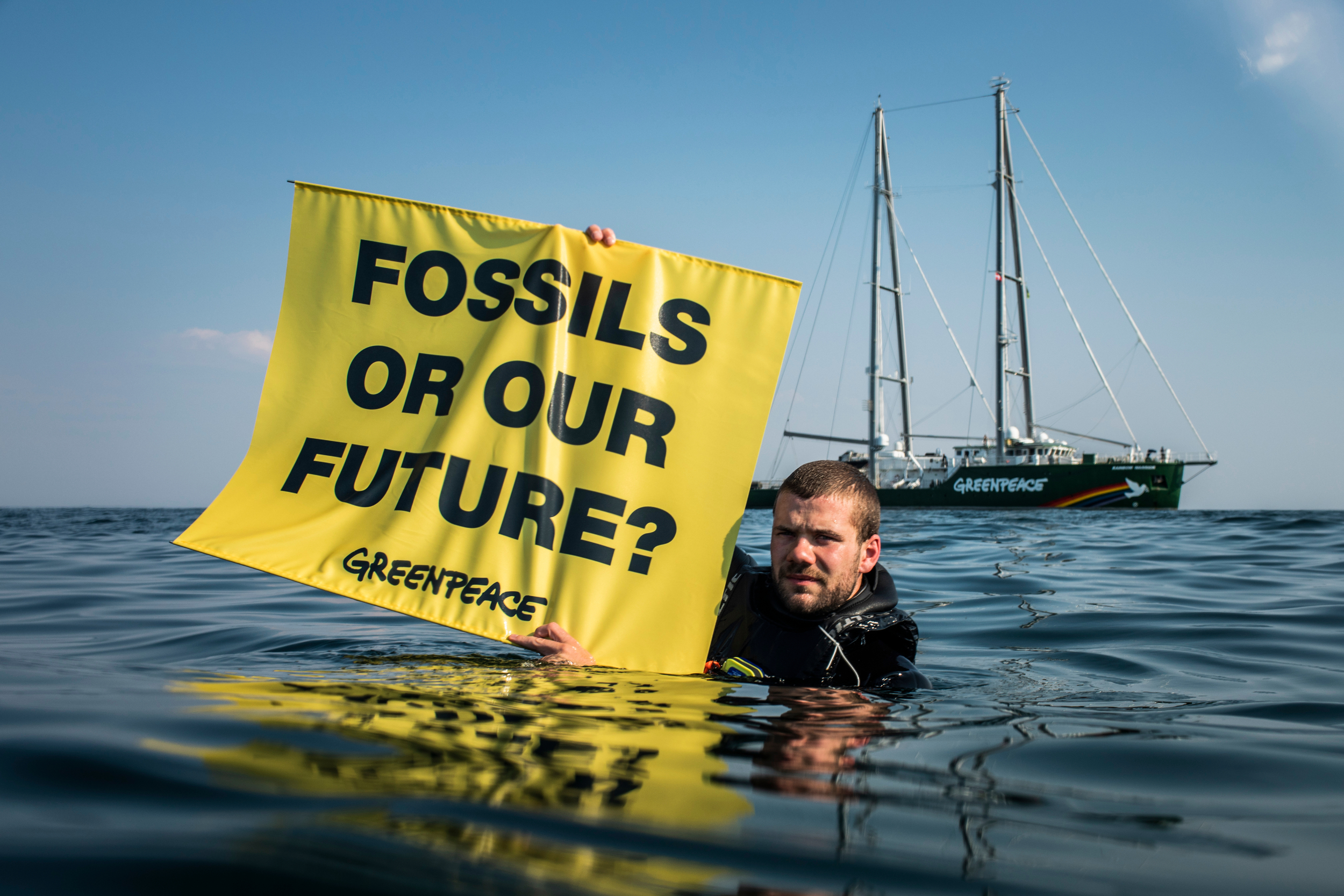Introduction
Thank you for the opportunity to provide feedback on the Draft Fuel Supply Resilience Plan.
Overall, Greenpeace submits that the draft plan will not achieve energy resilience or reduce New Zealand’s exposure to fossil fuel supply shocks. It requires substantial changes to its vision, objectives, focus areas, and proposed actions.
The Government’s own Fuel Security Study identified accelerating the energy transition as one of the most cost-effective ways to improve fuel security. Yet this plan proposes very few concrete actions to accelerate the energy transition away from fossil fuels, and almost none to achieve energy independence through decarbonisation. Instead, it places disproportionate weight on managing disruptions to fossil fuel supplies, such as through increased stockpiling.
The plan also acknowledges that, apart from electricity, most domestic alternative fuels remain unproven at commercial scale. This underscores the urgency of prioritising electricity as the most viable, scalable, and resilient alternative. Electrification, unlike fossil fuel stockpiling, makes us permanently less exposed to global fuel volatility. Yet the plan contains only one action to support electrification, the “Supercharging EV” programme. This is insufficient.
True resilience will not come from stockpiling more finite, fossil fuels, but from reducing our reliance on fossil fuels altogether.
The most strategic and cost-effective way to increase resilience against petrol, diesel, and jet fuel supply disruptions is to decrease demand for these fuels. Therefore, Greenpeace urges MBIE to reframe the Fuel Supply Resilience Plan so that its centrepiece is decarbonisation. We recommend that the plan’s key focus areas be amended so that the central focus is on decreasing demand for fossil fuels, with the following actions included:
- A programme of investment in regional and local rail, buses, ferries, and cycleways.
- Incentives for mode shift away from private vehicles, including reinstating free public transport fares.
- Redirecting motorway expansion funding into public and active transport projects.
- Major investment and policy support for new renewable electricity generation, including zero-interest loans for rooftop solar.
By centering our efforts on reducing our reliance on imported fossil fuels altogether, New Zealand can build true resilience to global shocks, ensure communities have energy security, and set a course toward a fairer, cleaner, more independent future.
You are seeking feedback on the vision, objectives, proposed focus areas, actions, and any additional measures you believe should be considered. The following submission details Greenpeace’s feedback in these areas.
Vision
The draft vision in the plan is: “to have a fuel system that is resilient to disruptions, so that people have access to fuel where and when they need it.” This is lacking specificity and should be reframed in order to outline the issue at hand, which is the nation’s risky reliance on fossil fuels. We recommend revising the vision to:
“New Zealand will become energy independent and resilient to global fuel shocks by reducing our reliance on fossil fuels and transitioning our transport network and economy to clean, renewable alternatives.
Objectives
The current objectives in the draft plan are:
- Improving energy independence
- Reducing vulnerabilities in our fuel supply chains
- Minimising the impact of fuel disruptions
This misses what should be the central objective of a fuel security plan for New Zealand which is: to reduce demand for fossil fuels. We therefore recommend adding:
- Reduce short and long-term demand for fossil fuels
Focus Areas
The current four focus areas of the draft plan are:
- Resilience to global supply disruptions
- Domestic resilience
- Supporting domestic fuel alternatives
- Resilience in a transitioning market
These overlook the most effective pathway to resilience: cutting fossil fuel demand by decarbonising transport and investing in renewables. We recommend adding two new focus areas:
- Reducing demand for fossil fuels by decarbonising the economy and the transport network
- Achieving energy independence by major investment in home-grown clean energy
Actions
The proposed actions under the current focus areas are inadequate. Stockpiling more fuel, relying on the International Energy Agency, or running information campaigns about “switching fuels” will not reduce fossil fuel dependence.
Instead, the plan must include ambitious, system-shifting actions, including:
- Transformative investment in public and active transport– expanding rail, bus, ferry, and cycle networks to give New Zealanders real alternatives to car dependence.
- Transformative investment in rail for transport and freight.
- Accelerating fleet electrification through fiscal and regulatory measures to support EV and hybrid uptake, including the planned investment in the charging network.
- Investing in renewable energy generation, including in decentralised generation such as rooftop solar, to meet the demand created by transport electrification
- Banning the import of fossil fuel vehicles by 2030
- Re-introducing fuel efficiency standards
ENDS



